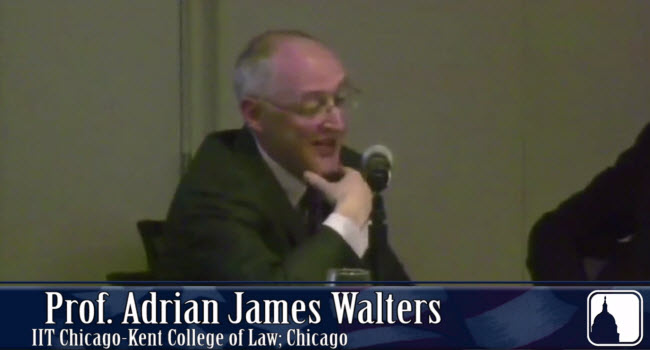 By Adrian Walters [reposted from The Walters Way]
By Adrian Walters [reposted from The Walters Way]
Students and practitioners with an interest in bankruptcy law may be interested in the work of the American Bankruptcy Institute’s Commission to Study the Reform of Chapter 11 of the Bankruptcy Code. The Commission’s study is premised on the concern that Chapter 11, originally enacted in 1978, is now significantly out of date. One particular concern is that Chapter 11 in the general run of cases has become little more than a glorified nationwide foreclosure process that functions principally for the benefit of secured creditors at the expense of debtors and other stakeholders.
In April, I was lucky to be invited to speak at a symposium jointly organized by the American Bankruptcy Institute and the University of Illinois that addressed the implications of secured creditor capture of Chapter 11. My main message to reformers in the US, drawing on secured creditors’ responses to legislative erosion of their rights in the United Kingdom, was that lenders will invariably adjust to legislative changes that affect their interests. Accordingly, the designers of any new bankruptcy law must not lose sight of the tendency of powerful constituencies to undermine reform efforts, whether through the political process, or by other means, such as transactional innovation.
An early draft of my written paper is available here.
And you can watch a recording of my presentation at the symposium and the follow-up commentary provided by Ted Janger of Brooklyn Law School here.




Leave a Reply